Tatiana Schlossberg, the 34-year-old granddaughter of President John F. Kennedy, revealed in an essay published in The New Yorker that she has been diagnosed with terminal cancer. According to Schlossberg, her doctor informed her that she may live for approximately another year, given her current treatment plan. The diagnosis was made in May 2024, after a routine check-up following the birth of her second child, during which her doctor noticed an elevated white blood cell count.
Schlossberg, an environmental journalist, has undergone multiple rounds of chemotherapy, two stem cell transplants, and participated in clinical trials. The first stem cell transplant used cells from her sister, while the second used cells from an unrelated donor. In her essay, Schlossberg expressed her concerns about the potential impact of policies pushed by her cousin, Robert F. Kennedy Jr., who serves as the Health and Human Services Secretary. Schlossberg's mother, Caroline Kennedy, has publicly urged senators to reject her cousin's confirmation, citing concerns about the potential harm these policies could cause to cancer patients like her daughter.
According to Dr. David C. Fisher, a hematologist at the Dana-Farber Cancer Institute, acute myeloid leukemia (AML) with a rare mutation, as Schlossberg's diagnosis, is a challenging condition to treat. "AML with a rare mutation is a particularly aggressive form of leukemia, and the prognosis is generally poor," Dr. Fisher said. "However, with aggressive treatment and participation in clinical trials, some patients may experience improved outcomes."
Schlossberg's essay was published on the 62nd anniversary of her grandfather's assassination. Her diagnosis has sparked a public discussion about the importance of cancer research and the need for more effective treatments. As an environmental journalist, Schlossberg has written extensively about the intersection of environmental health and cancer. Her essay serves as a poignant reminder of the human cost of cancer and the need for continued research and investment in cancer treatment.
Schlossberg's current treatment plan includes ongoing chemotherapy and participation in clinical trials. Her doctor has informed her that she may live for approximately another year, but the exact timeline is uncertain. As Schlossberg navigates her treatment plan, her family and supporters continue to advocate for increased funding for cancer research and more effective treatments for patients like her.



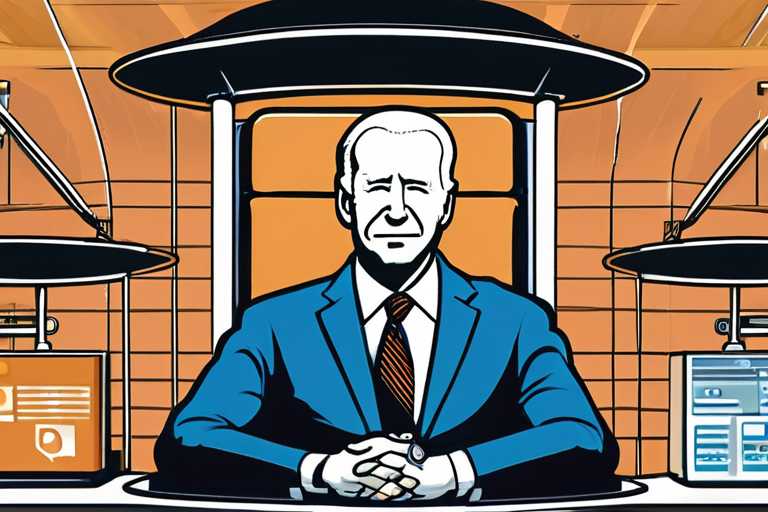
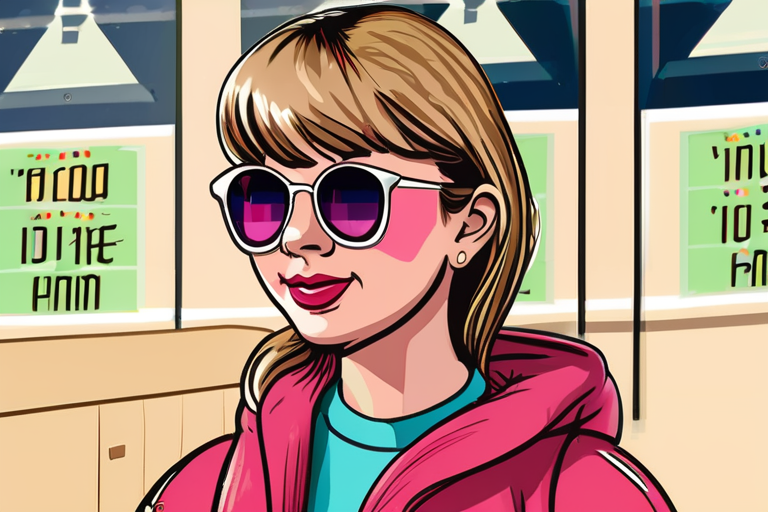

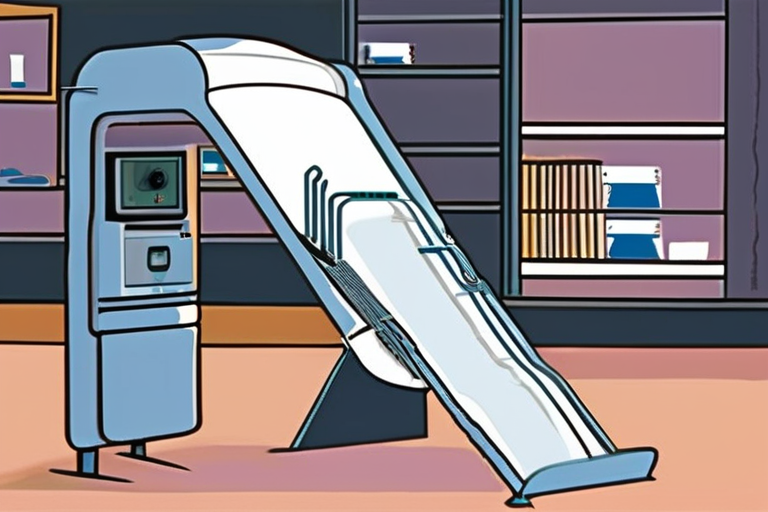
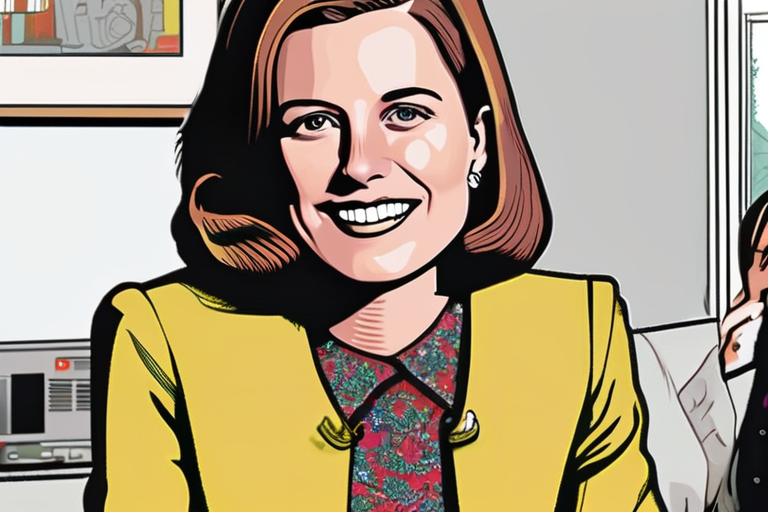
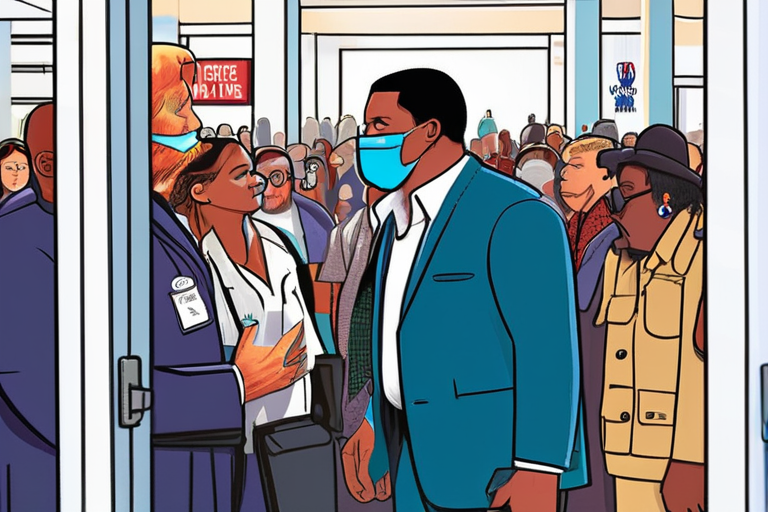
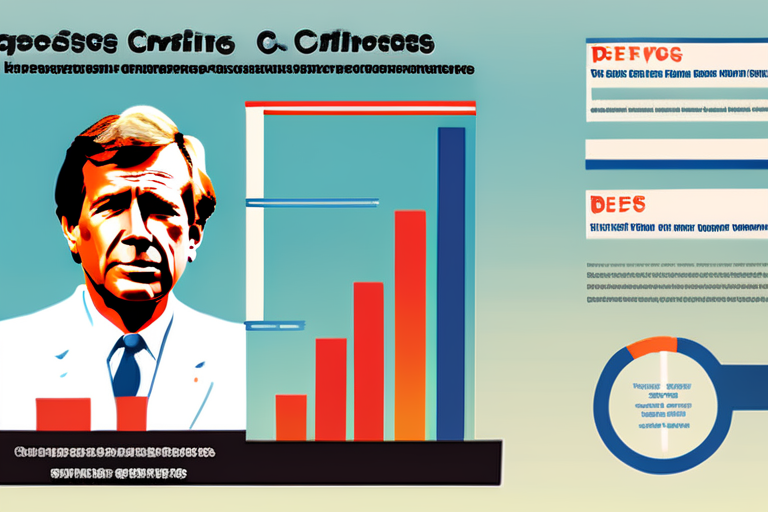

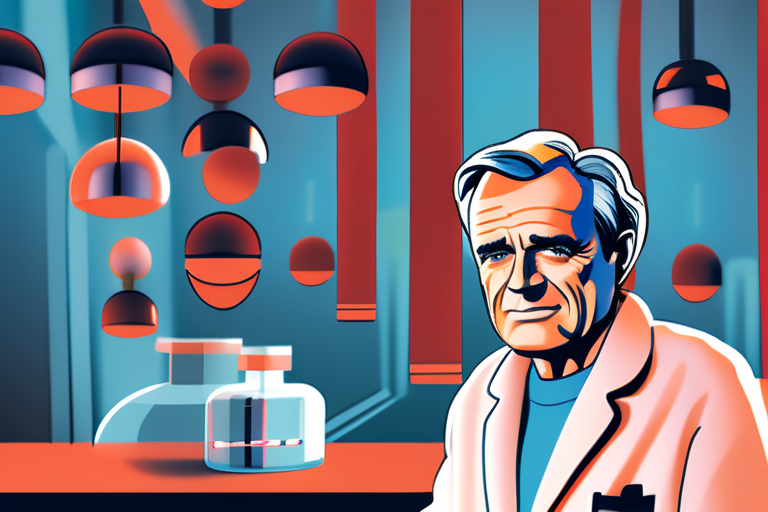
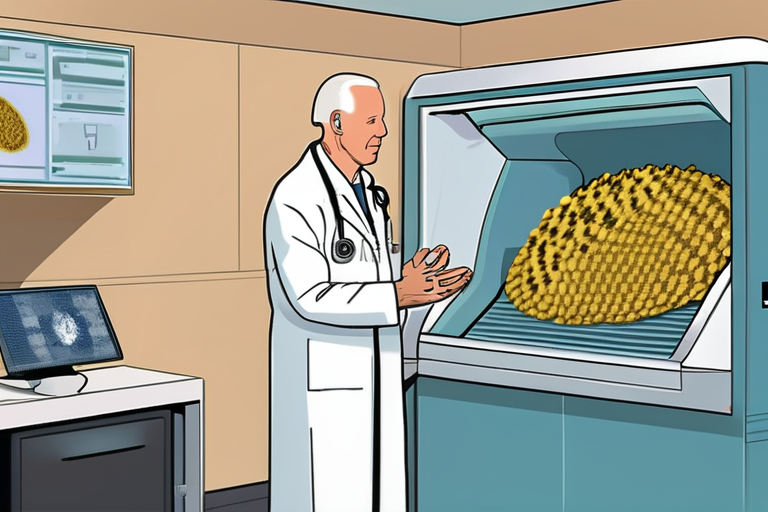
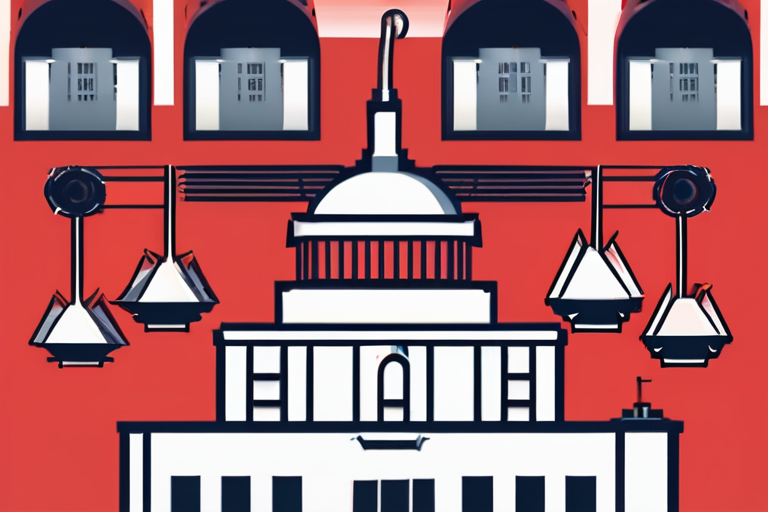
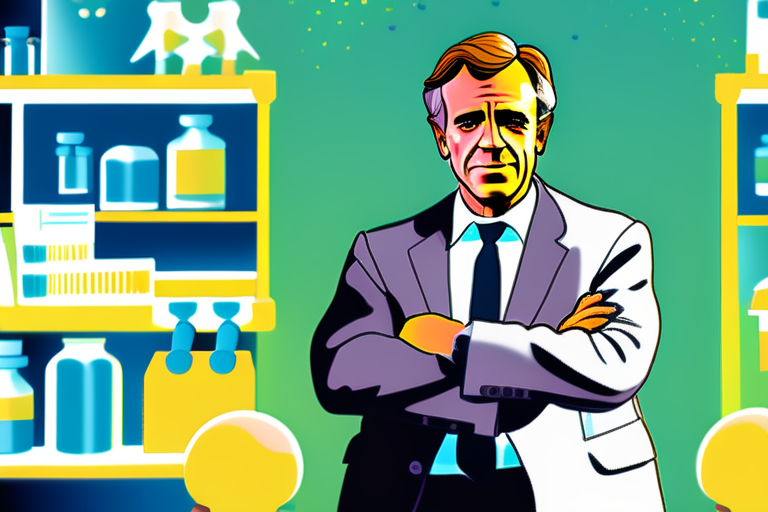
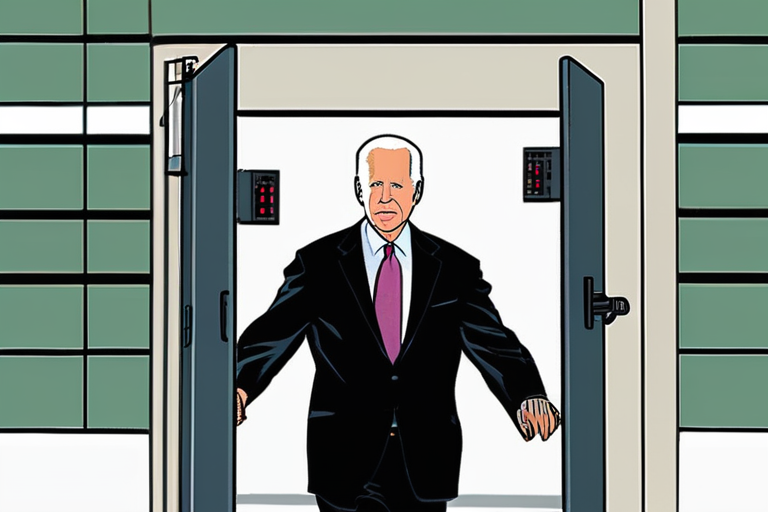

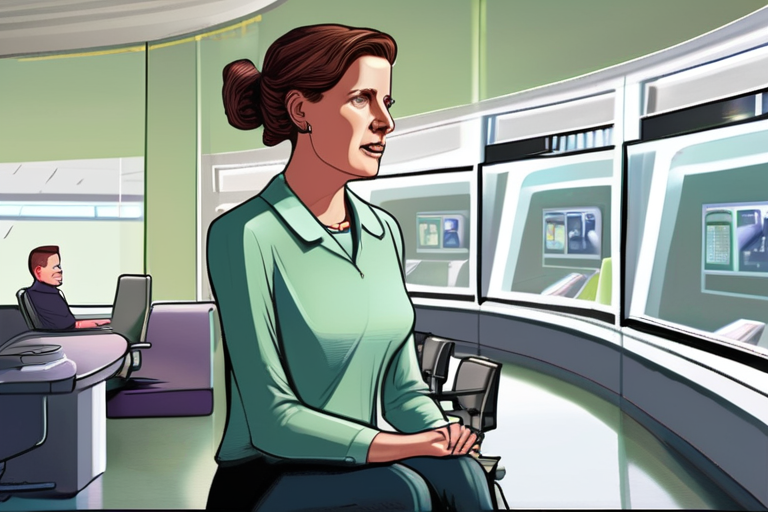
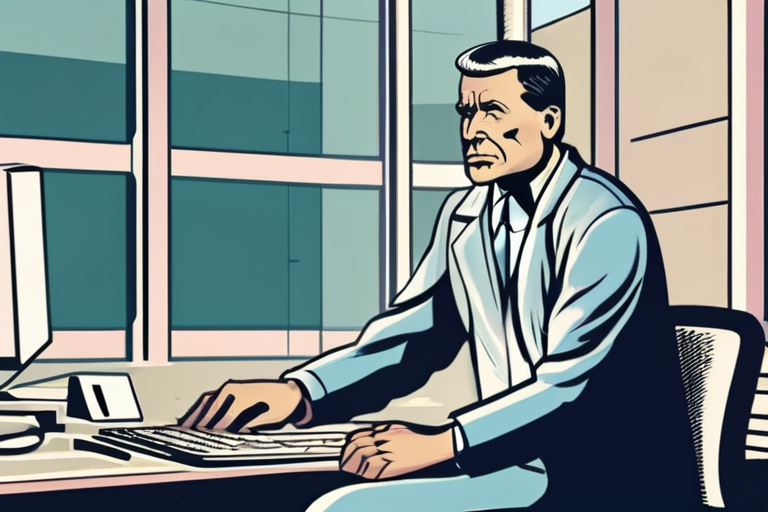
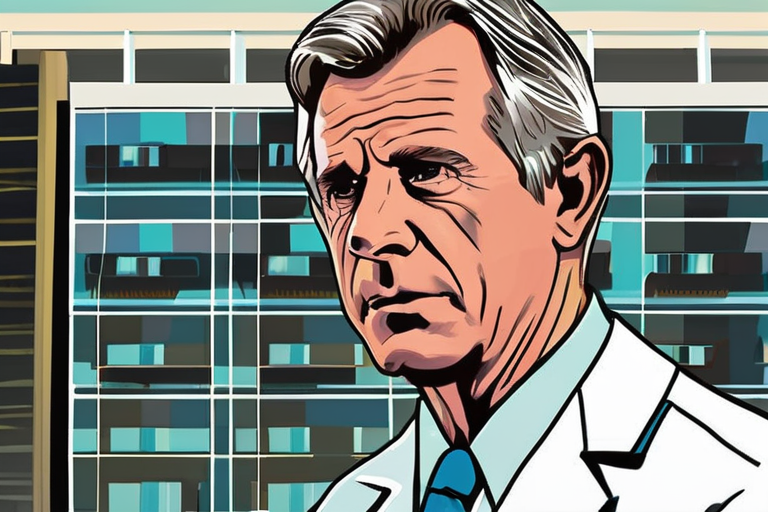

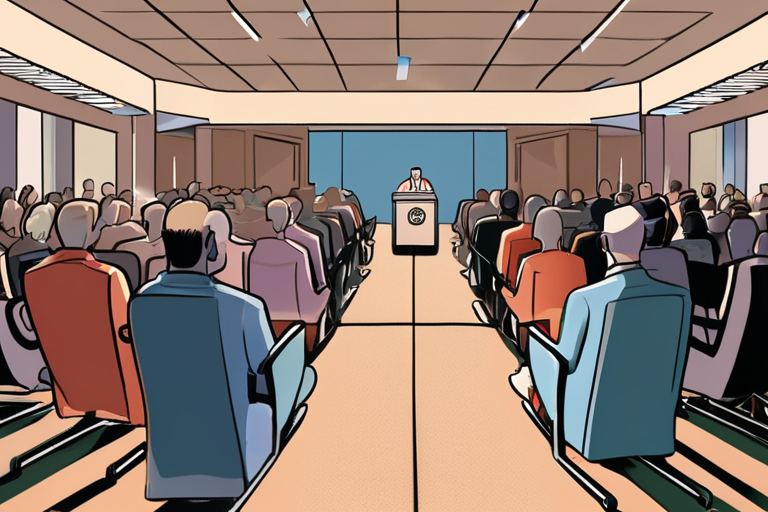
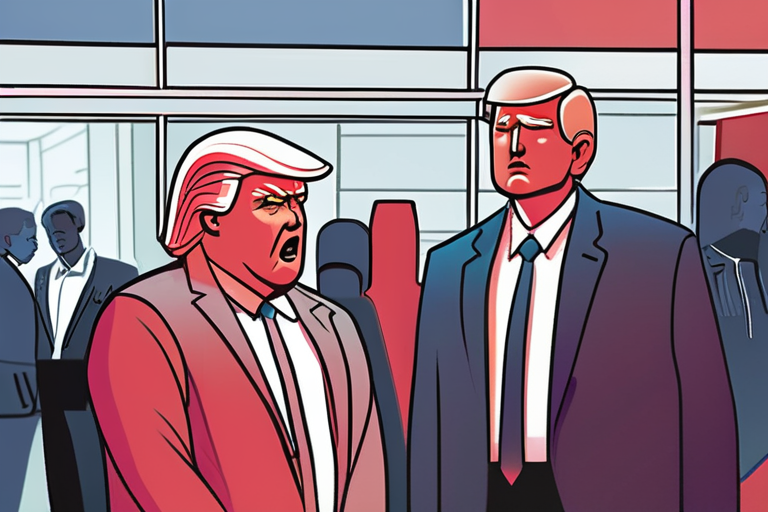

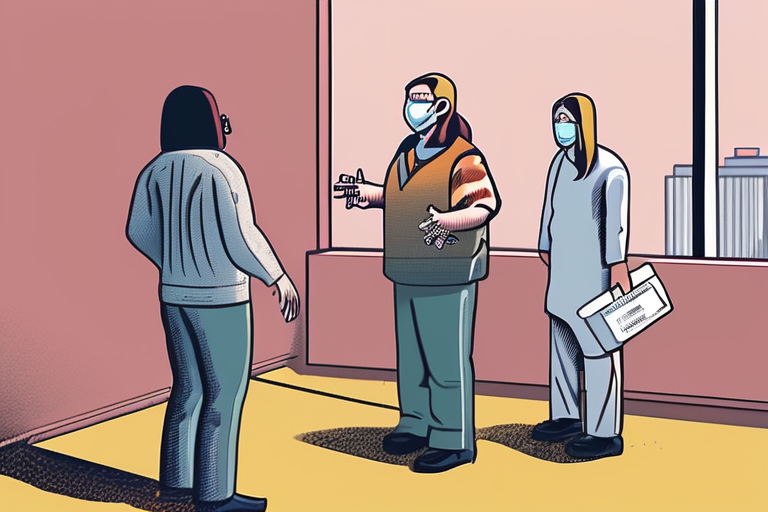

Share & Engage Share
Share this article